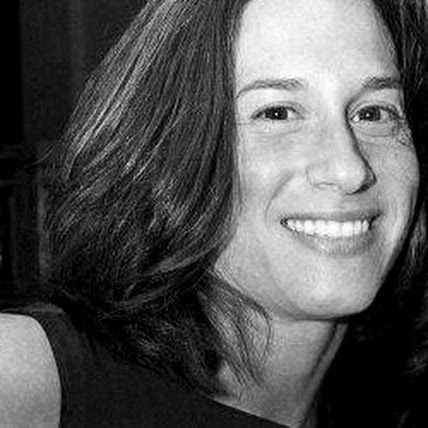Interview: Lesa Densmore, Problem Gambling Recovery Coach Posted On
We recently spoke with Lesa Densmore, who specializes in coaching people in recovery from gambling addiction and is a national speaker and educator on the issue. A recovering gambling addict, Lesa Densmore last gambled on March 2, 2009.
How were you first introduced to gambling?
It started around the kitchen table in elementary school, where we played penny poker. I started playing bingo in my mid-teens, and that led to problems in my early twenties.
What were the first signs you had a gambling problem?
I was self-employed, and I started manipulating my schedule so I could play bingo frequently. I was a competitive athlete growing up, and I started to treat playing bingo as a game of skill rather than a game of chance. I was trying to beat it.
What happened next?
I started to lie to my family and boyfriend so I could continue my gambling, and I would lie to clients to get out of work. My interest in bingo lessened, and I switched to Internet poker before I started visiting casinos frequently.
I was maxing out credit cards, was not paying bills and was spending all of my time and energy on gambling. There was a tug-of-war between my gambling life and my life as a functioning, self-employed adult with responsibilities.
Tell us about when your gambling was as its worst.
I had many casinos I could access. I started going very frequently. I loved the bells and whistles. It was mind-altering. When I won a tremendous amount of money, I wouldn’t do anything productive with it. I’d continue gambling. This continued for many years.
Thousands of dollars in debt, desperate and depressed, I attempted to commit suicide by consuming pain pills left over from a car accident I had been in years before. I woke up the next day, and I returned to the casino.
I knew I had a serious, life-threatening problem. I accepted that I had a gambling addiction, and I knew I needed treatment.
How did you try to get help?
It was very hard for me to get my family members and friends to understand I had an addiction that needed treatment. I realized I had a gambling addiction and I had researched where to go, but the cost of residential treatment required my family’s help. It took many years to get their assistance.
In March 2009, I finally was able to enter an 8-bed residential facility in Baltimore, Maryland dedicated to helping people with gambling addictions. The program didn’t focus on the act of gambling. It treated the underlying issues that cause addiction. I have not gambled since.
What has life been life since you stopped gambling?
Going on five years of recovery, I am still in life repair, and may always be. I still struggle with many aspects of life and have to survive in ways only those in recovery could understand.
I have a greater understanding and tolerance for people’s differences. I realize everyone has a story, and sometimes those stories end with the need for punishment, others with the opportunity to reform.
Now an Addiction Recovery Coach, professional resource and national speaker on the issue, it is the “Higher Power” that keeps me strong knowing I am making a difference in people’s lives and adding to education and awareness initiatives.
Gambling addiction is treatable. People need to know there’s help available, and education and awareness needs to be increased through New York State and the entire country. I use my experience to help people realize they’re not alone.
To learn more about Lesa Densmore, how gambling affected her life and how she sought recovery, read the expanded version of her story in KnowTheOdd’s Faces of Problem Gambling e-book.



[…] Lesa Densmore’s story reminded us that the chance to win money is often not the reason many people become addicted to gambling. There are emotional and mental causes that make individuals addicted to the feeling that occurs when they are gambling – a disconnection from the rest of the world, distracted from problems and causes of stress. […]